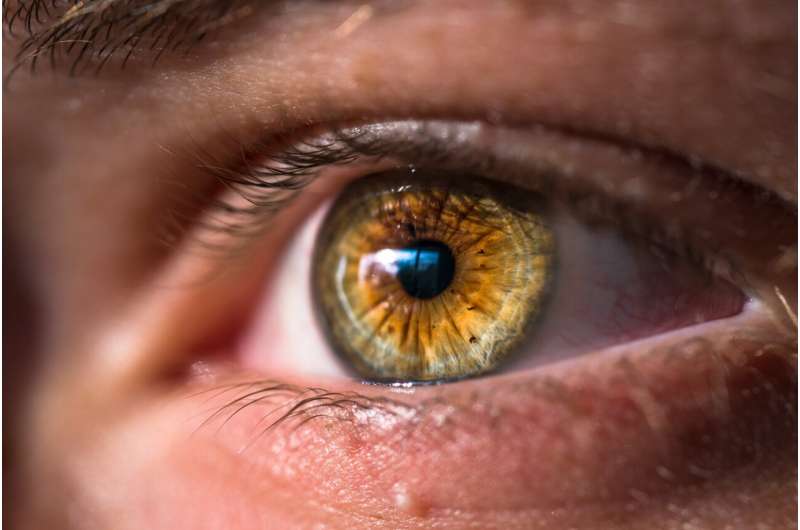
Although the carotenoid lutein and its related form called zeaxanthin have been associated with eye health for some time, the amount that provides benefit has yet to be quantified.
A state-of-the-art summary of evidence shows there is a moderate level of evidence linking 10 milligrams of lutein/zeaxanthin per day with eye function. Five mg/day was insufficient to have an effect and sufficient research was lacking to determine impacts at the 5-10 mg level.
While more research would be helpful, this “study of studies” finds that the indicator of normal eye structure called macular pigment optical density (MPOD) improved with intake of the carotenoid lutein/zeaxanthin. Macular pigment is a key structure in the eye protecting the retina from damaging blue light.
Lutein/zeaxanthin is found in leafy green vegetables, squash, corn, egg yolks, avocados and dietary supplements.
The state of the art evidence titled “The Effect of Lutein/Zeaxanthin Intake on Human MPOD: A Systematic Review and Meta-Analysis,” is published in the peer-reviewed journal Advances in Nutrition. The review focused on 46 human studies, totaling 3,189 participants with healthy eyes. MPOD is a measure of lutein/zeaxanthin concentration in the macula and is associated with visual function.
This systematic review reports that lutein and zeaxanthin intake at doses 10 mg or more increases macular pigment density in adults with healthy eyes. It should be noted that these studies are conducted over a relatively short time period (months rather than years). An important gap is to study whether levels below 10 mg, when consumed regularly as part of a diet over years (not just a few months), has impact on macular pigment comparable to short-term higher supplementation.
According to senior author Dr. Karen Robinson, “Our review was the first to evaluate the effects of both dietary and supplemental sources of lutein on healthy eyes. Daily lutein supplements of 10 mg or more increased macular pigment after 3 months. Studies of dietary sources of lutein generally used lower daily doses of lutein over a short period of time (6 months or less).”
Provided by
Institute for the Advancement of Food and Nutrition Sciences
Citation:
Evidence links the carotenoid lutein with eye health (2021, October 13)
retrieved 14 October 2021
from https://medicalxpress.com/news/2021-10-evidence-links-carotenoid-lutein-eye.html
This document is subject to copyright. Apart from any fair dealing for the purpose of private study or research, no
part may be reproduced without the written permission. The content is provided for information purposes only.
